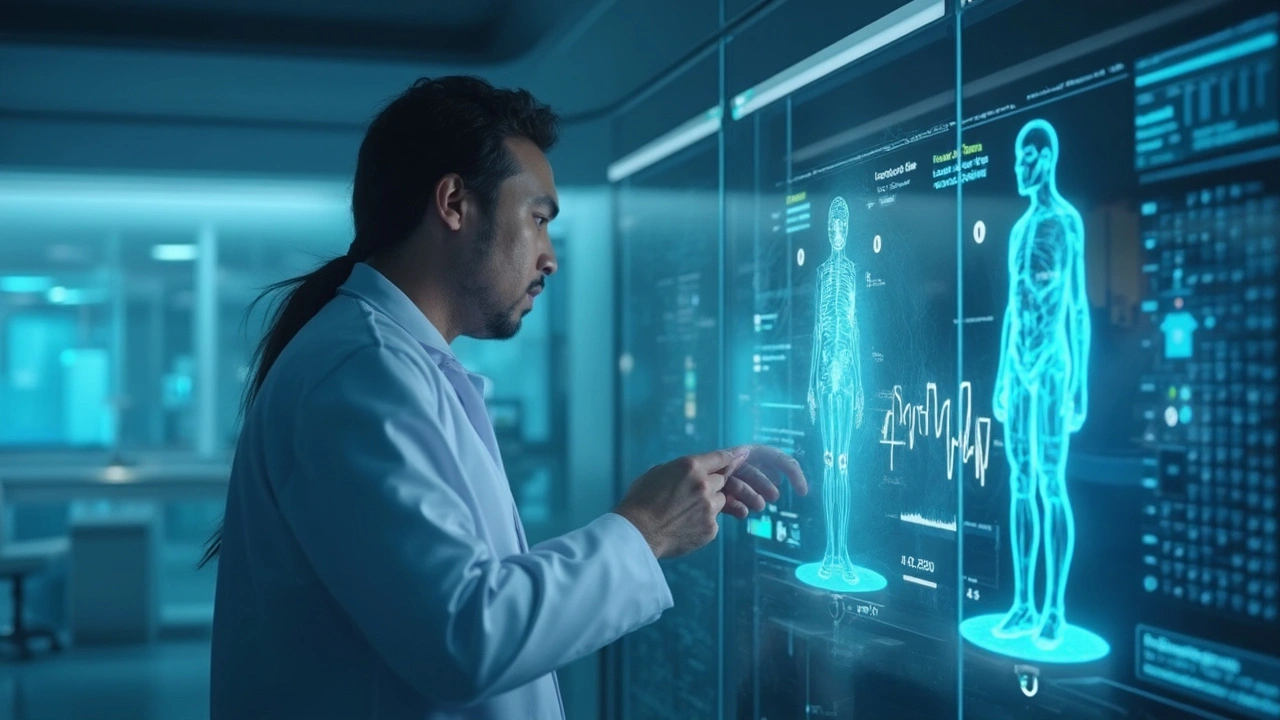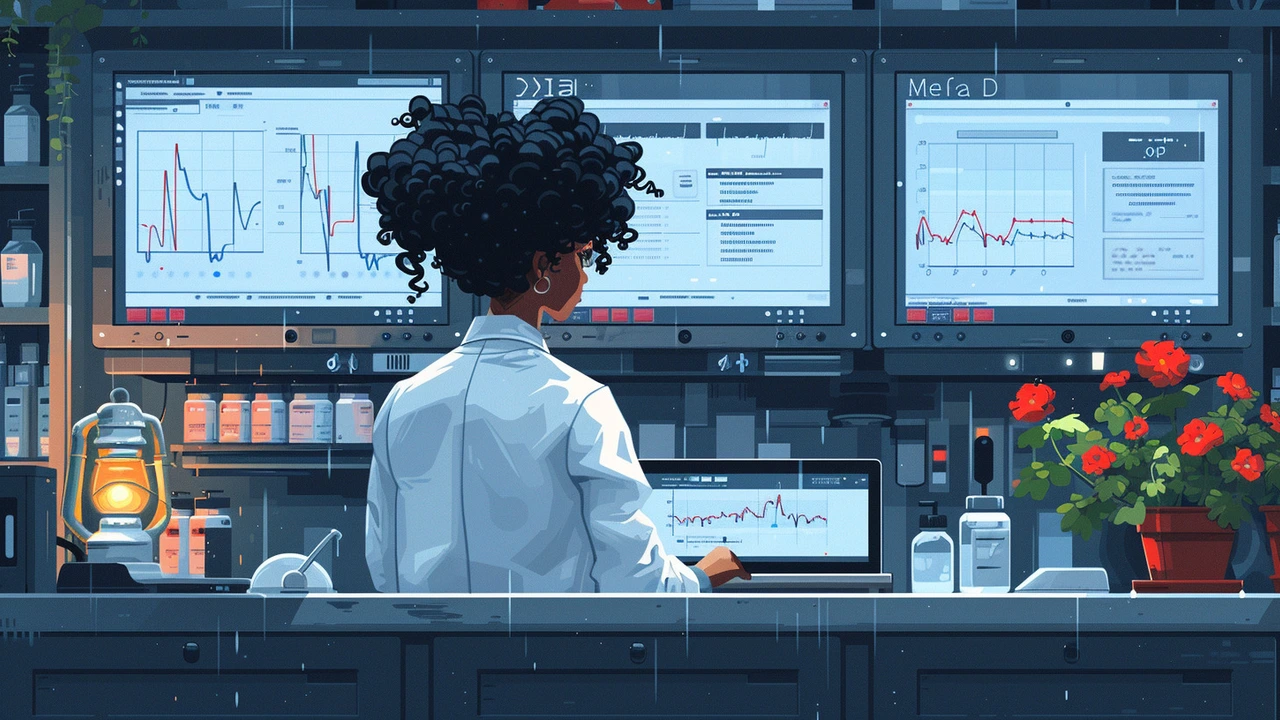How AI and Coding Are Changing Healthcare Today
When you hear "healthcare," you probably think of doctors, hospitals, and patients. But behind the scenes, a wave of tech is making those visits faster, safer, and cheaper. From AI‑powered scans that spot disease early to simple apps that remind you to take medicine, the same tools that power video games are now saving lives.
AI‑Driven Diagnosis and Treatment
Imagine a radiology lab where an algorithm flags anomalies in an X‑ray within seconds. That's not science fiction—hospitals are already using machine‑learning models to read images, flag risky patterns, and suggest treatment options. The biggest win here is speed: doctors get a second opinion instantly, which means patients start treatment sooner.
Beyond imaging, AI helps predict patient readmissions. By crunching data from past visits, wearables, and lab results, predictive models tell clinicians which patients might need extra care after discharge. This lets hospitals allocate resources wisely and cut costly readmissions.
Building Healthcare Apps with Code
If you’ve ever booked a telehealth appointment on your phone, thank a developer. Simple, secure apps let patients video‑chat with doctors, share lab results, and track medication. Learning Python or JavaScript can let you create tools that integrate with electronic health records, automate appointment reminders, or even analyze health trends in real time.
For those new to coding, start with a small project—like a symptom checker that matches user input to possible conditions using a basic rule set. As you grow, add APIs from reputable medical databases to provide up‑to‑date information. The goal isn’t to replace doctors but to give patients better access to trustworthy data.
Automation is another game‑changer. Routine tasks such as billing, appointment scheduling, or lab result entry can be handled by bots. This frees staff to focus on patient care instead of paperwork. A simple script that pulls lab results from a lab’s portal and emails them to the physician’s inbox can shave hours off a busy day.
Security matters a lot in healthcare. When you build or use an app, always follow HIPAA guidelines: encrypt data, use strong passwords, and limit who can see patient info. Even a tiny oversight can lead to data breaches, which hurt trust and cost money.
Putting AI and code together creates powerful tools. For example, a mobile app could let patients record symptoms, feed that data into an AI model, and instantly suggest whether they should see a doctor. The feedback loop gets smarter every time more users share outcomes.
So, whether you’re a clinician curious about AI, a developer looking to enter health tech, or just a patient wanting to understand the buzz, the takeaway is simple: technology is becoming a core part of care. It’s not about replacing the human touch—it's about making that touch more effective.
Keep an eye on new AI platforms, open‑source health libraries, and emerging regulations. The more you stay informed, the better you can roll out solutions that genuinely improve health outcomes.

AI in Healthcare: Revolutionizing Patient Care
Artificial Intelligence (AI) is transforming modern healthcare by enhancing patient care through predictive analytics, personalized medicine, and efficient diagnosis. From streamlining administrative tasks to enabling remote monitoring, AI solutions offer significant benefits. However, challenges such as data privacy and the ethical implications of AI decisions persist, making ongoing discussion and development crucial. Understanding AI’s role can lead to improved treatment outcomes and healthcare system efficiency.

Harnessing AI to Predict and Prevent Disease Outbreaks
Artificial intelligence is revolutionizing how we predict and prevent disease outbreaks. By analyzing huge amounts of data quickly, AI helps experts identify patterns and potential risks. This article discusses how AI works in disease forecasting, its benefits, and the challenges it faces, as well as real-world implementations and future prospects.

How AI is Revolutionizing Precision Medicine
The use of AI in precision medicine is reshaping how we approach healthcare. By analyzing vast amounts of data, AI helps create more accurate diagnoses, personalize treatments, and predict outcomes. This article explores the ways AI is being utilized to transform medical practices and improve patient care.